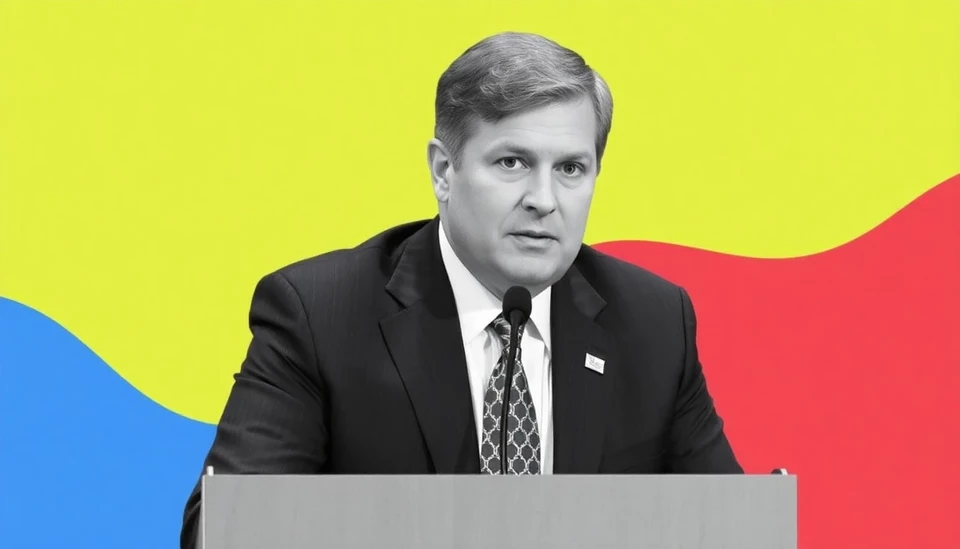
In a surprising turn of events, Argentina's inflation rate has surged beyond expectations, a situation that has raised concerns as the country approaches a vital deal with the International Monetary Fund (IMF). According to recent data released by the government, inflation accelerated to a staggering 140% in March, marking a significant increase from the previous month.
This unexpected rise is particularly alarming as it comes at a time when Argentina is negotiating crucial financial aid from the IMF. The government has faced immense pressure to stabilize its economy, which has been plagued by years of economic mismanagement and high inflation. The situation has been further exacerbated by a weakening currency and a growing fiscal deficit.
Economists had predicted a lower inflation rate, but the actual figures surpassed those forecasts, raising questions about the effectiveness of the government’s current economic policies. The spike in inflation is attributed to a combination of factors, including rising food prices, energy costs, and the ongoing depreciation of the Argentine peso.
In a bid to curb the inflationary spiral, the government has implemented several measures, including price controls and negotiations with various sectors to stabilize critical commodities. However, these efforts have met with limited success, and many analysts predict that inflation could continue to climb unless comprehensive and sustainable economic reforms are introduced.
The IMF deal is expected to include stringent conditions that may require further austerity measures from the Argentine government, which could potentially lead to further unrest among the populace already grappling with the burden of high living costs. As negotiations with the IMF continue, the public's patience is wearing thin, and demonstrations against the government's handling of the economy have become increasingly frequent.
In summary, Argentina faces a critical juncture as it grapples with unprecedented inflation just before sealing an agreement with the IMF. The implications of this economic turmoil are vast and could affect not only policy-making in the near term but also the long-term socioeconomic landscape of the nation.
As the government seeks to navigate this turbulent economic environment, the outcome of the upcoming IMF deal could determine the course of Argentina’s recovery or plunge it further into crisis.
#Argentina #Inflation #IMF #EconomicCrisis #FinancialAid #PesoDepreciation #AusterityMeausres
Author: Rachel Greene




